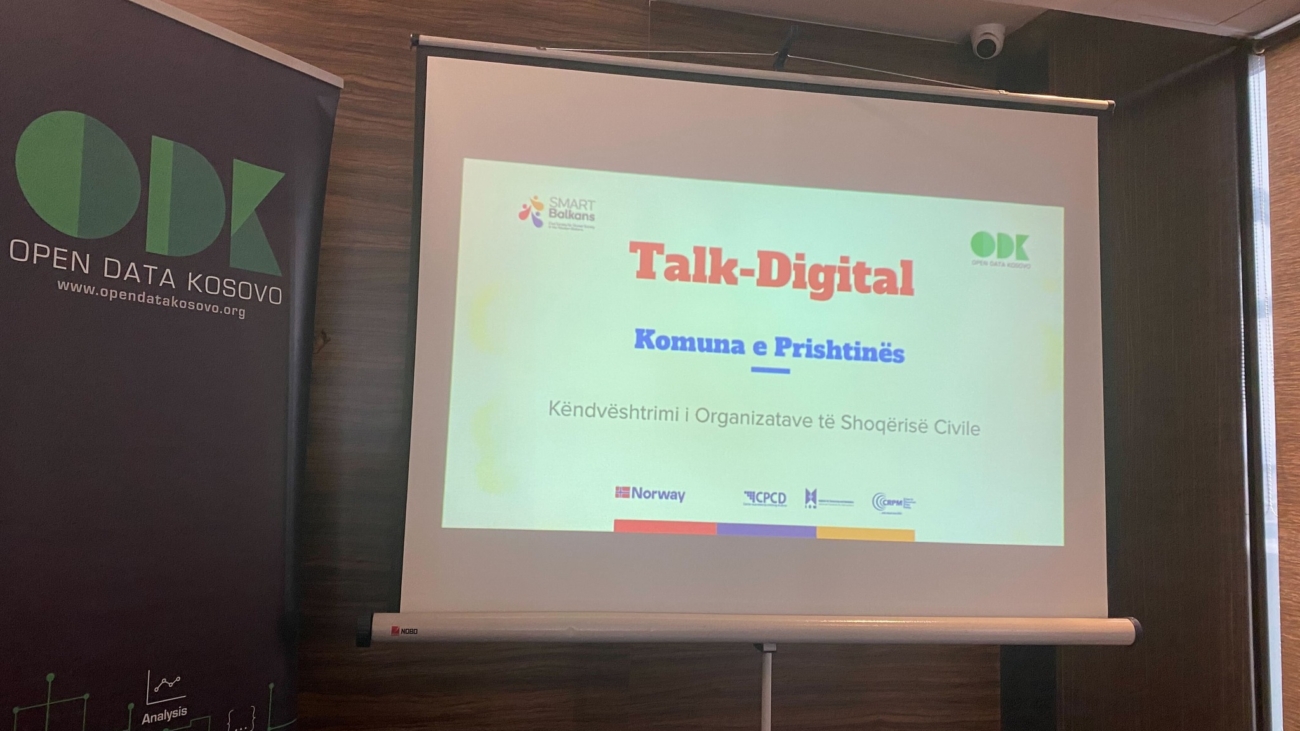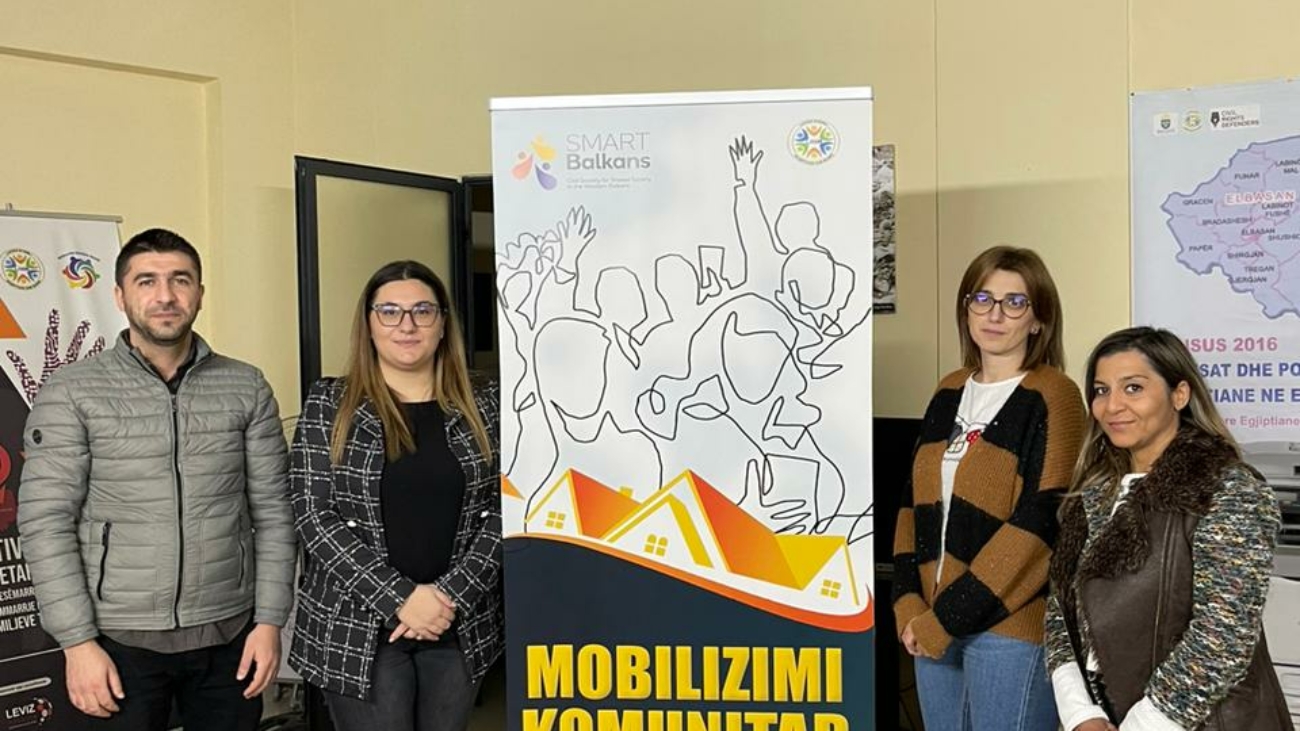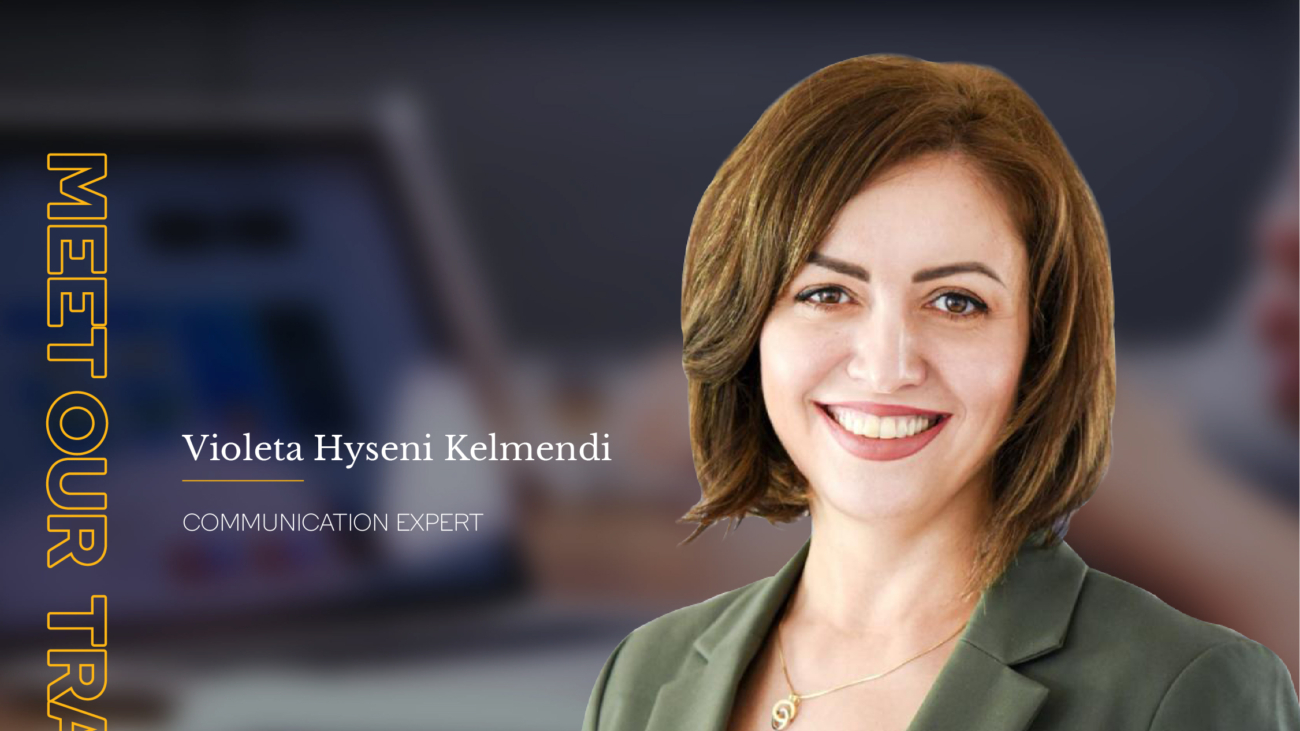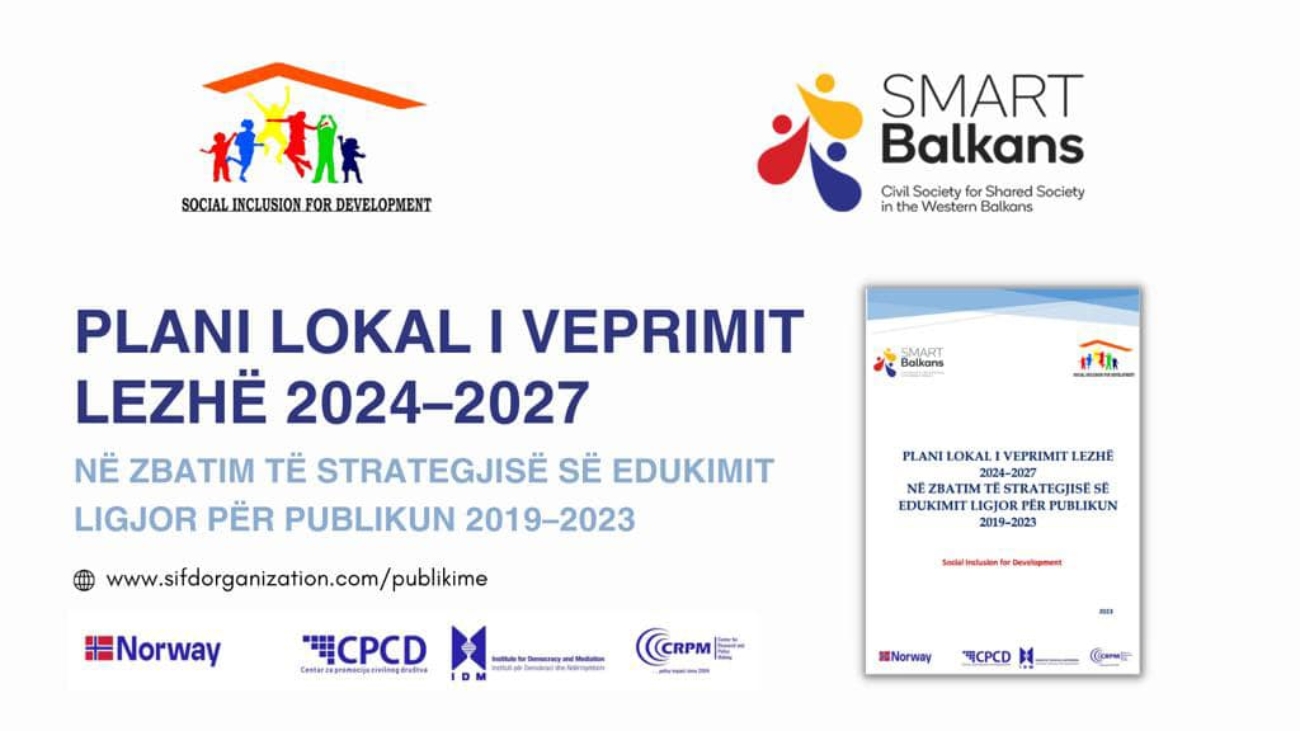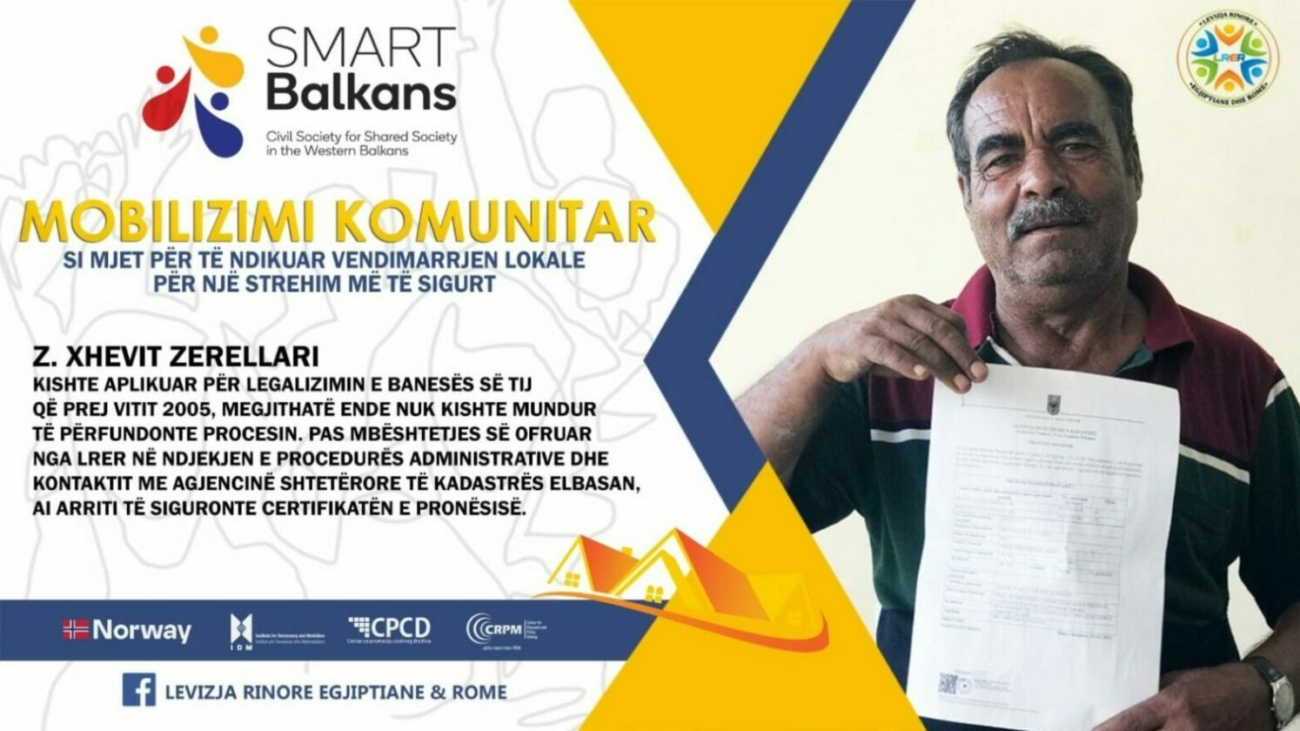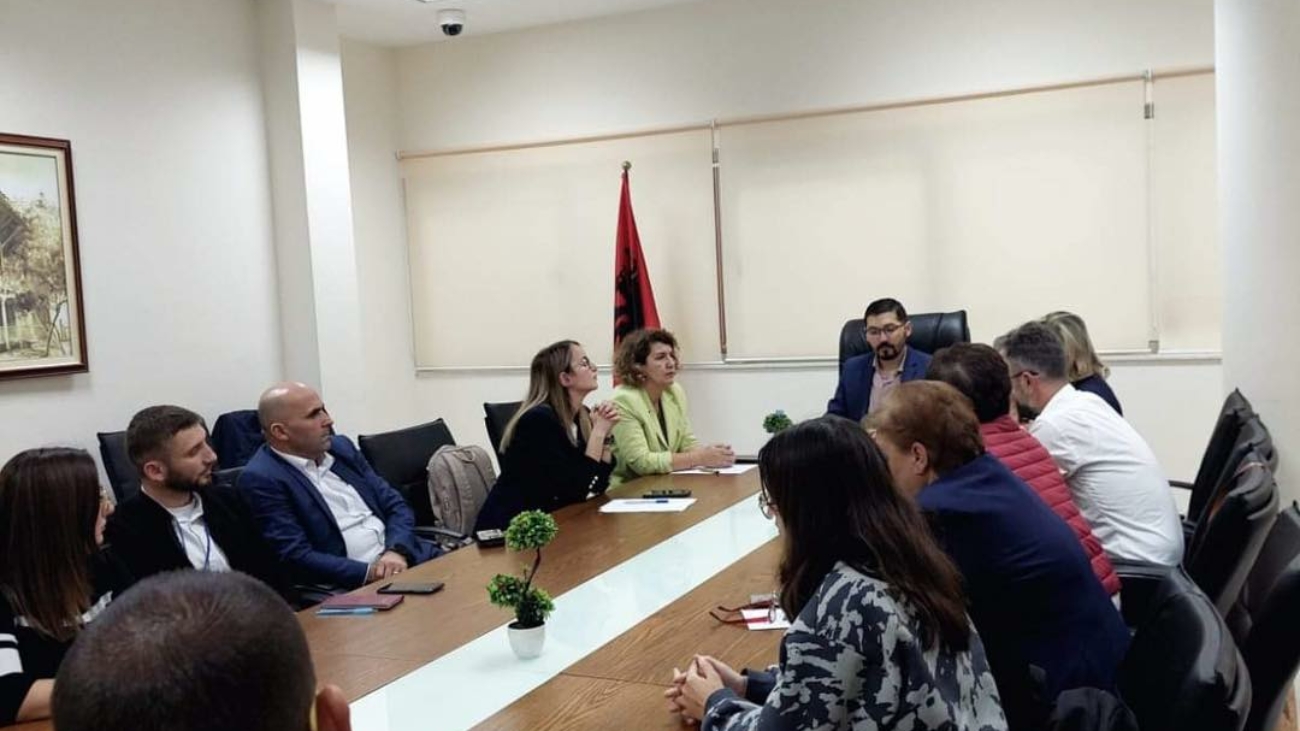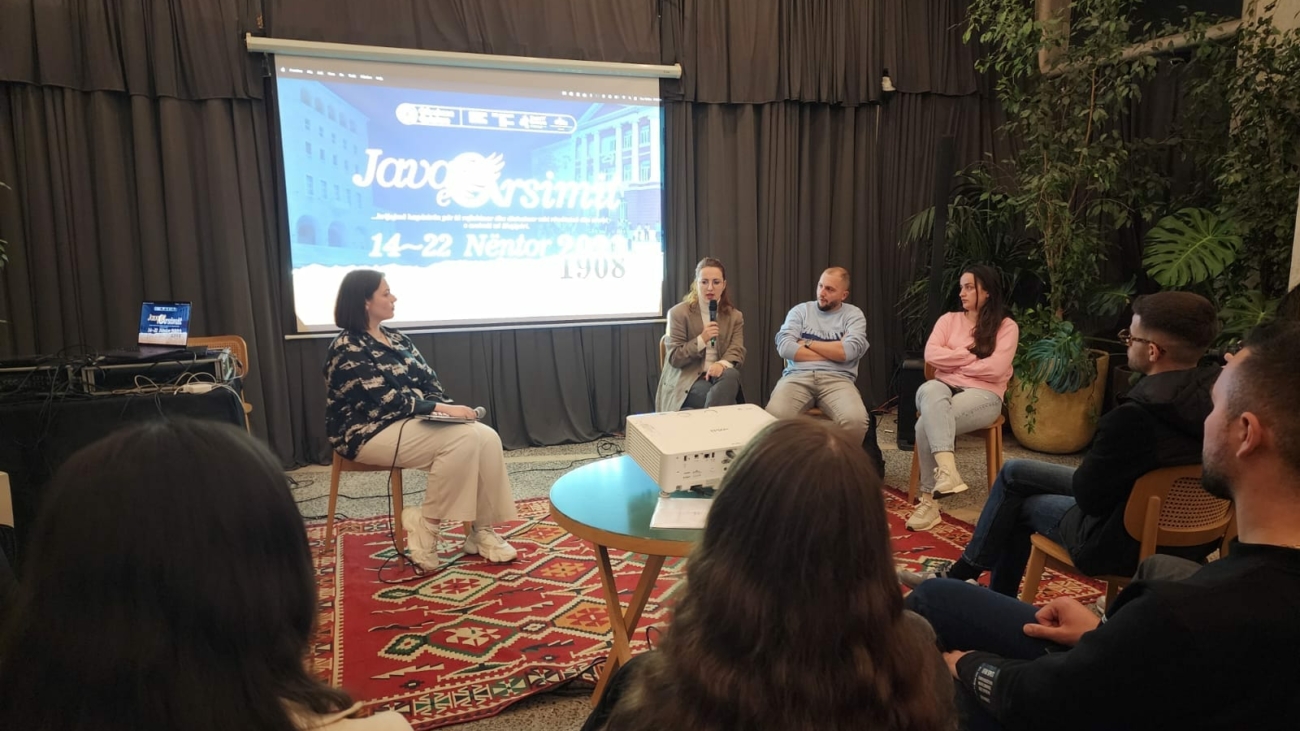📌 The crafting of the local action plan for legal education in Lezhë aligns seamlessly with the National Public Legal Education Strategy. Its primary objective is to elevate civic awareness regarding the paramount importance of law enforcement. The plan outlines concrete measures that have been carefully considered to achieve this objective and are comprehensively detailed in the local plan.
Knowledge of the law and legal education of citizens play a crucial role in any democratic society, where behavior, actions, and relationships are disciplined by legal norms and rules. These norms and rules are sometimes complex or subjected to continuous changes. The lack of knowledge or insufficient understanding of the law and legislation, in general, leads to situations where citizens do not comprehend the rights and obligations that stem from them. Furthermore, all of this fosters a culture of non-respect and non-compliance with the law in society, which constitutes a significant threat to the rule of law. Thus, informing and providing knowledge about the law, rights, law enforcement institutions, responsibilities, etc., are not only linked to legal education but are components of the culture and civic need for access to the rule of law.
With knowledge of legislation, citizens understand the roles and responsibilities of public administration institutions. Thus, they are able to address their issues to the relevant authority by formulating accurate requests and complaints.
In addition to citizens’ interaction with public administration institutions, the level of legal knowledge plays a crucial role in the behavior of citizens in various sectors of life, such as family, work, legal-civil matters, as well as in their decisions and actions related to health, safety, the environment, etc. Understanding the legislation that regulates the relationships in which citizens are involved encourages them to respect the law, avoid unlawful actions, and reduce conflicts.”
The development of the local action plan for legal education in Lezhë is based on the National Strategy for Legal Education of the Public, and it has identified the key objective for Legal Education for the Public (ELP) as increasing citizen awareness of the importance of law enforcement. To achieve this objective, several concrete measures have been envisaged, which have been taken into consideration and outlined in this strategy.
Furthermore, the implementation of SELP aligns with the commencement of the application of constitutional and legal changes approved within the framework of the justice reform, as well as the continuation of significant changes resulting from the Administrative and Territorial Reform (RAT) of 2015. Despite the delegation of many functions to local governance by Law 139/2015, there are still legal gaps and misunderstandings about the law for many of these functions that have been detached from central governance but are not yet adequately embraced by local governance (such as primary healthcare or preschool education).”
This Action Plan covers a period of 3 years, and it has been submitted to the Municipality of Lezhë as the responsible institution for its implementation. The drafting of this local plan involves local civil society organizations in Lezhë, making them part of a Local Network for Monitoring and Implementation of the Local Plan.
Social Inclusion for Development: “Legal Education of Lezhë Citizens in the context of the 2014 administrative-territorial reform”

